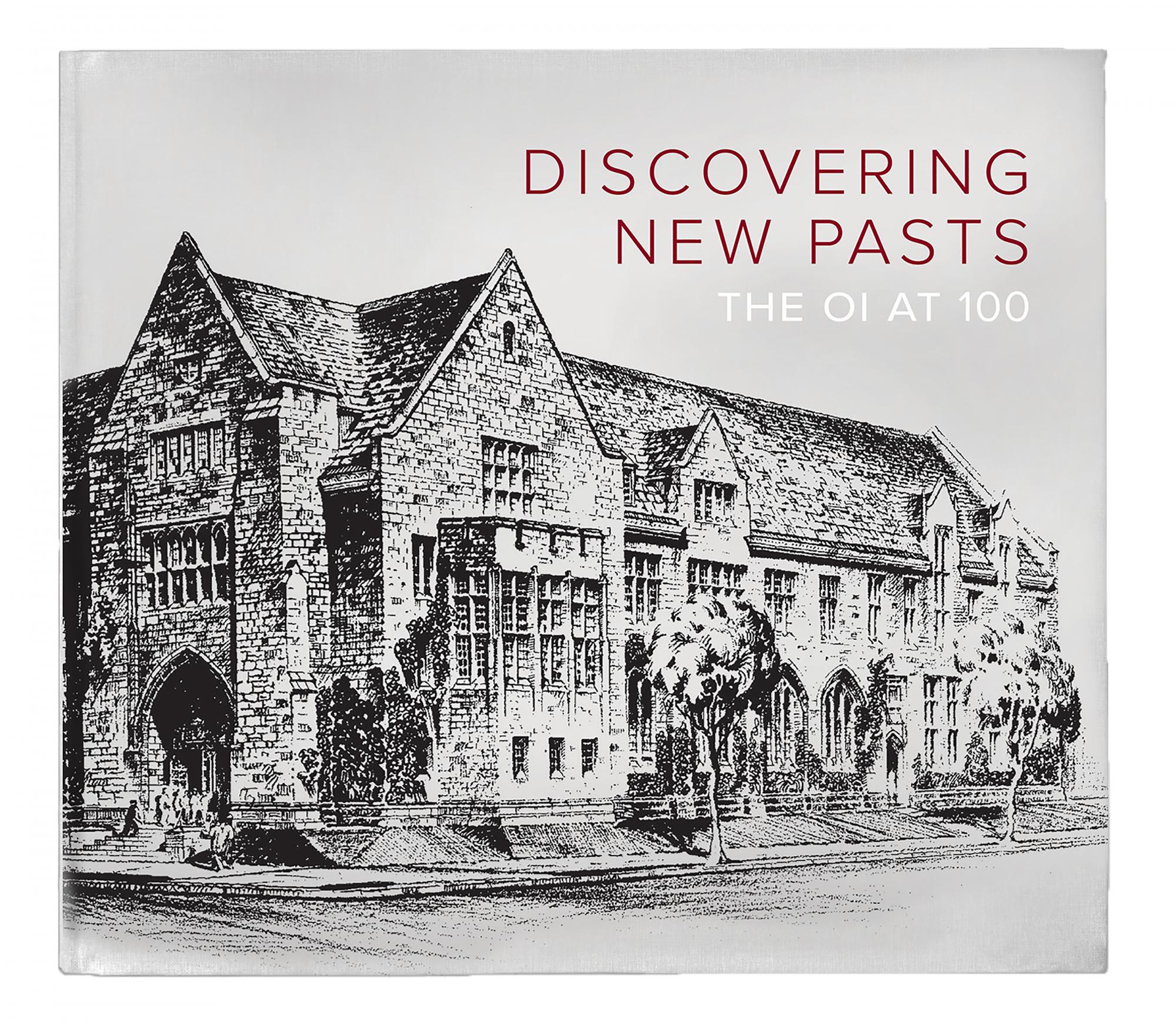Our previous name, The Oriental Institute has led to confusion, often contributing to the perception that our work was focused on East Asia, rather than West Asia and North Africa. To address this issue, in 2021, we organized a Name Change Committee that worked collaboratively with University of Chicago faculty, staff, students, stakeholders, and supporters, as well as colleagues at peer institutions around the world. The committee collected data representing a broad range of perspectives, which informed their decision to recommend a new name that more clearly honors the cultures, regions, and time periods that we study.
To learn more about ISAC’s decision to change our name, click here to read an article by our Interim Director, Theo van den Hout.
To learn more about the changing history of the word “oriental”, click here to read an article written by Tasha Vorderstrasse, ISAC Manager of Adult Education.
Along with our new name, we also embrace a new logo. In October 2022, we invited ISAC and University faculty, staff, students, Advisory Council Members, volunteers, and docents to contribute their ideas for motifs, objects, and design elements that could serve as inspiration for our new icon. The submissions received overwhelmingly favored floral motifs found throughout the ISAC building, both in our architectural design elements and in our collections.







